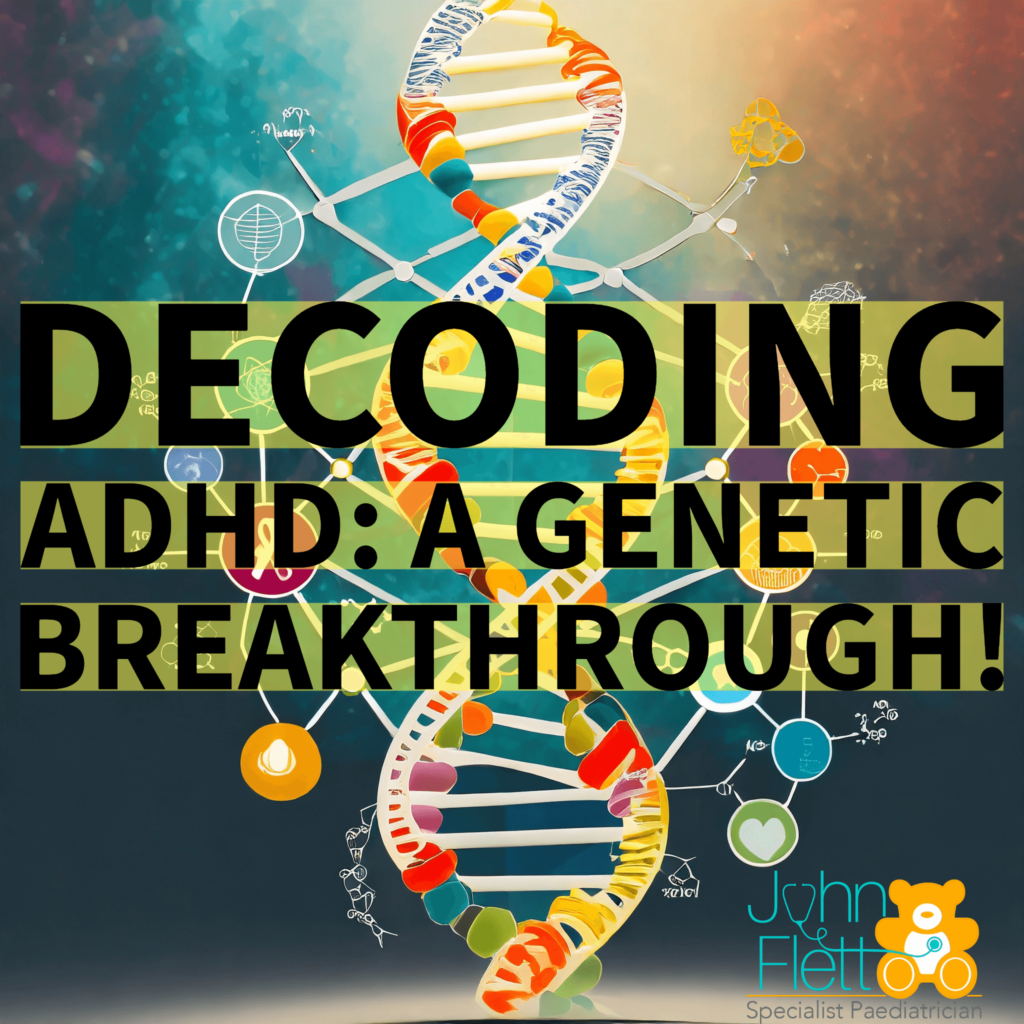Greetings to all the attentive parents out there!
Exciting developments have surfaced in ADHD research that could open new doors for treatment and understanding. Imagine a world where managing ADHD could be as tailored as your child’s unique genetic makeup. Researchers from the University of Surrey are bringing us closer to this reality. They’ve pinpointed several new genes associated with ADHD, shedding light on the link between our immune system and the disorder. This groundbreaking study not only reaffirms the role of the gene ADGRL3 in ADHD but also identifies other genes that may contribute to the condition. It’s a scientific leap that may lead to more targeted treatments, helping individuals better manage their symptoms and, by extension, potentially improving life opportunities.
On another front, the trials and tribulations of medication shortages have been felt widely by families. The easing of the pandemic brought a sigh of relief but also ushered in drug shortages, hitting the ADHD community hard. The struggle to maintain daily routines without consistent medication has been a test of resilience for many. Yet, the collective spirit and supportive networks within the ADHD family have proven to be a formidable force against these challenges.
Not just for the kids, but for the adults too – recent findings show that the youngest children diagnosed with ADHD are as likely to retain the diagnosis into adulthood as their older peers. This insight is crucial as it underscores the importance of early intervention and ongoing support throughout one’s life.
And there’s more good news on the medication front! Viloxazine ER has been maintaining its safety and efficacy for long-term pediatric ADHD treatment, while Centanafadine shows promise in Phase 3 trials for adolescent ADHD. These advancements hint at a future where ADHD can

